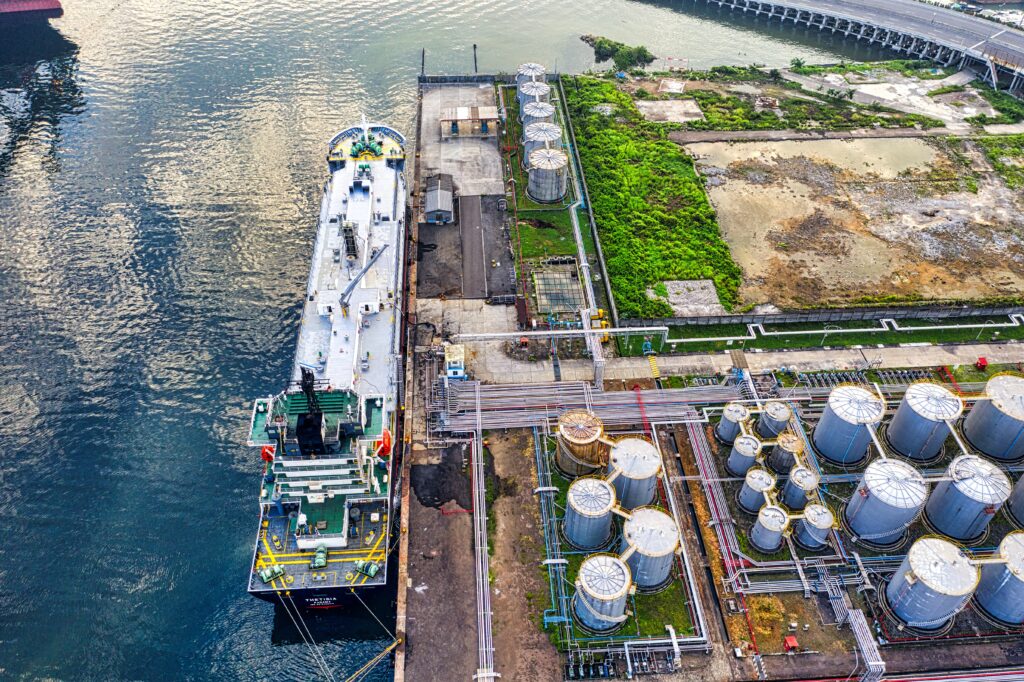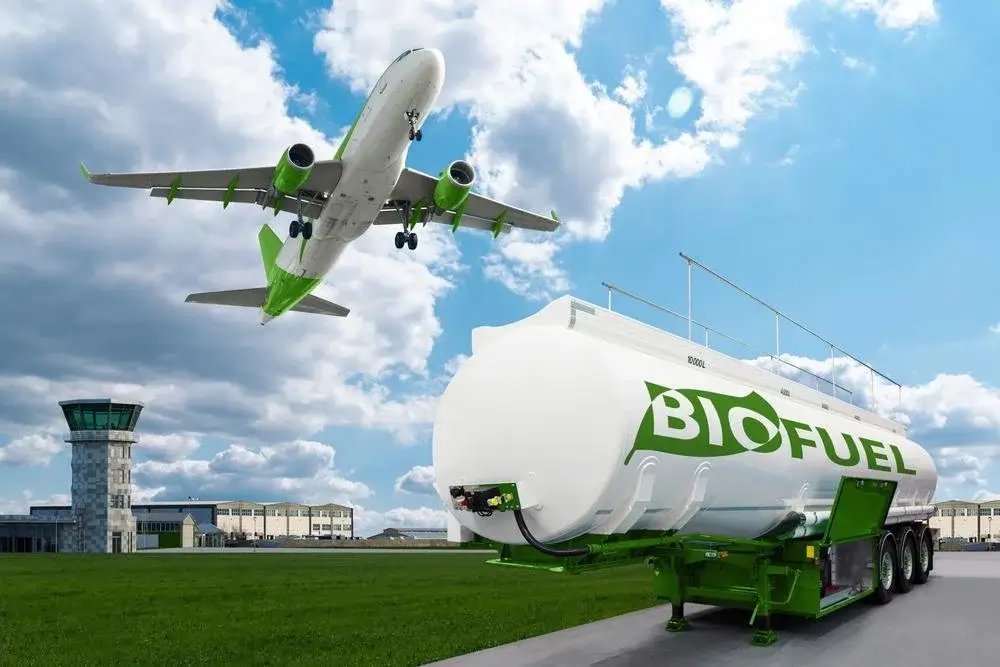Fuels are materials that can be burned to produce energy. They are an important part of the modern world because they power everything from cars and planes to power plants that make energy. In this article, we’ll look at the different types of fuels that are commonly used, as well as their pros and cons.
Gasoline is one of the most extensively used fuels. Cars and other vehicles get their power from this liquid fuel made from crude oil. Gasoline is readily accessible and very simple to carry and store. Still, it is one of the fuels that pollutes the most and is a major cause of air pollution and climate change.
Diesel fuel is another common liquid fuel. It is derived from crude oil, like gasoline, and is used to fuel vehicles such as trucks and buses. Most of the time, diesel engines are more efficient than gasoline engines, so they release less carbon dioxide per mile. However, diesel fuel also creates other sorts of dangerous pollutants, including particulate matter.
Natural gas is an additional essential fuel. It is mostly made up of methane and is a fossil fuel used to make electricity and heat buildings. Some cars are also fueled by natural gas, but it is less prevalent than gasoline or diesel.
Natural gas creates fewer emissions than other fossil fuels, which is one of its benefits. But things like fugitive methane leakage and the need for pipes to transport the fuel could be bad for the environment.
Coal is a frequently used fossil fuel that is extensively used. It is mostly used in power plants to create electricity, but it is also used in certain industrial operations. Coal is one of the cheapest ways to get energy, but it is also one of the dirtiest and a major cause of air pollution and climate change.
In recent years, interest in renewable fuels such as solar, wind, hydro, and biofuels has increased. These fuels are derived from natural, renewable resources and cause less pollution than fossil fuels. Solar and wind power are created by capturing the sun’s and wind’s energy, respectively.
Biofuels, like corn and sugarcane, are made from plant matter, while hydroelectricity is made from the flow of water. Even though they produce a lot less greenhouse gas than fossil fuels, they still make it hard to use land and water and cause other environmental problems.
Biofuels are a type of fuel that is often talked about when talking about clean energy. Biofuels are fuels derived from organic materials, including plants and algae. Ethanol and biodiesel are the most prevalent kinds of biofuels.
Imperative of Transitioning from Fossil Fuels to Renewable Resources

Typically, ethanol is produced from sugarcane, maize, or other cereals. It is a liquid fuel that may be used with little change in gasoline engines. Typically, ethanol is combined with gasoline to create E10 (10% ethanol and 90% gasoline) or E85 (85% ethanol and 15% gasoline).
In contrast, biodiesel is primarily produced from vegetable oils, such as soybean or canola oil. It is a diesel fuel that may be used in liquid form. It is produced by chemically reacting oil with an alcohol, such as methanol, to produce a diesel-like fuel.
Biogas is another type of biofuel that is made when organic materials like food waste and agricultural waste break down. Biogas is mostly made up of methane, which can be used to heat homes, power cars, and make energy.
Notably, while biofuels are considered renewable, they are not devoid of their own set of problems. For instance, large-scale biofuel production may compete with food production and boost food costs. Additionally, the use of land and water for biofuel crop cultivation may have an effect on local ecosystems and food supplies.
Hydrogen fuel is another kind of energy source. Hydrogen fuel is a fuel that burns cleanly and may be used to power cars and produce energy. Since burning it only makes water vapor, it is seen as one of the most promising alternative fuels. Hydrogen fuel is not yet easy to get, and the system for getting it to people and storing it is not yet complete.
In addition to transportation and energy production, fuels are also used in industrial processes, home heating, and cooking. As an example, propane is often used to heat houses, while heavy fuel oil is used on ships and in huge power plants.
The energy density of fuels is a crucial issue to comprehend while discussing fuels. The energy density of a fuel is the amount of energy contained in a particular volume. The varying energy density of various fuels may affect how they are used and transported.
For example, gasoline and diesel both have fairly high energy densities, which makes them good for use in cars. Due to the fact that they carry a great deal of energy in a compact volume, they can be readily stored in the gasoline tank of a vehicle or truck and do not need much room. Consequently, they are an excellent option for portable power applications.
Imperative of Transitioning from Fossil Fuels to Renewable Resources

Natural gas and hydrogen, on the other hand, have very low energy densities. Because of this, they are not as good for use in cars because they need huge storage tanks to hold the same amount of energy as a smaller amount of gasoline or diesel. But they are still used in cars, but now they have a lot more storage space and special equipment.
This also indicates that these fuels are mostly used in stationary applications, such as power generation and heating, where vast storage tanks and pipes can be constructed with relative ease.
Another consideration is the combustibility of the fuel. Others, such as diesel fuel, are less flammable and may need a greater ignition temperature. This impacts the storage and transportation of the fuel, as well as its consumption.
It is also essential to assess a fuel’s environmental effect. When fossil fuels such as coal, oil, and natural gas are used, they contribute to climate change by releasing greenhouse gases such as carbon dioxide. Because they do not emit harmful pollutants, renewable fuels, such as biofuels and hydrogen, are regarded as being more ecologically benign.
In conclusion, fossil fuels used to provide most of the world’s energy, but the rise of renewable energy and a greater understanding of how fossil fuels hurt the environment have changed how we make and use energy. Even though there is no “perfect” fuel, knowing the pros and cons of different types of fuel helps us make better decisions about how to power the world.
“Looking for premium oil? Done! The best product is manufactured for our clients by our cutting-edge refineries.
We promise premium oil and are dedicated to sustainability and minimising our impact on the environment. You may get a high-quality product and support regional businesses and jobs by purchasing from our refineries.
Always trust us. The benefits of our refineries have been experienced by our customers. Utilize our exclusive discounts and loyalty programmes.
FAQs
What is the most economical fuel?
A fuel’s efficiency may be assessed by comparing the amount of energy generated when it is burned to the amount of energy needed to extract, process, and transport it. While various fuels have varying efficiencies, energy from renewable sources such as solar and wind power and biofuels such as ethanol are among the most efficient.
Which fuel is the most ecologically friendly?
In general, renewable fuels such as solar, wind, hydroelectricity, and biofuels are seen as more ecologically benign than fossil fuels like coal, oil, and natural gas. They do not contribute to climate change in the same manner as fossil fuels since they do not emit greenhouse gases when they are burned.
What is the difference between gasoline and diesel?
Both diesel fuel and gasoline are made from crude oil, which is a fossil fuel. The primary distinction is in their chemical makeup and use. Gasoline has a lower energy density and a higher-octane rating than diesel fuel; it is used in spark-ignition engines like those found in the majority of automobiles. Diesel fuel, on the other hand, has a greater energy density and a lower octane number, and it is used in compression-ignition engines like those found in the majority of trucks and buses.
Can electric vehicles (EVs) be considered an alternative to conventional gasoline and diesel automobiles?
Instead of gasoline or diesel fuel, electric vehicles (EVs) are powered by energy stored in batteries. Despite the fact that they do not emit exhaust emissions, thereby lowering air pollution, they are often powered by fossil fuel power stations. As the proportion of renewable energy sources grows, however, EVs are seen as more ecologically benign than conventional gasoline and diesel vehicles.
What are the next fuel technology trends?
People are becoming more interested in hydrogen fuel as a way to store and send energy, and they are also becoming more likely to use renewable fuels like solar, wind, and biofuels. Also, electric cars are becoming more popular and cheaper, which could make more people want to use power from renewable sources. Some scientists and engineers are also working on advanced fuel technologies, like biofuels made from algae and synthetic fuels made from carbon capture technology. These technologies could have a big impact on the future of the energy business.

